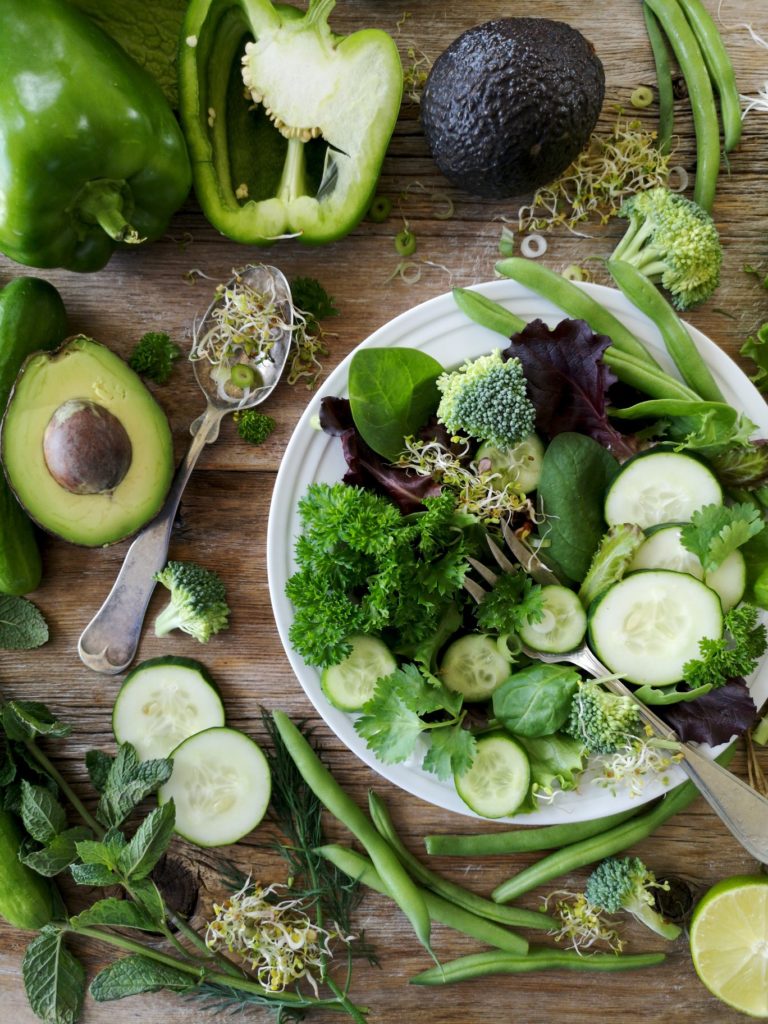Say “cheese”& think vegan!
In the last decade, we observe a huge global rise in vegetarian and vegan cheese products on market shelves; plant-based alternatives for dairy have already made their appearance on the cheese counter and new recipes are up for grabs. WORDS BY MARIALENA GOUSIOU, CREATIVE COPYWRITER
Have conventional dairy products met their vegan match? Well, it seems that, as for all kinds of cheese, it is a matter of evolution of techniques and craftsmanship.
For now, with the demand for new options in the non-dairy market continually rising, it is safe to say that new roads for experimentation are open, and that means many new flavours for us to try!
- THE BASICS
Either you follow a vegetarian of vegan lifestyle, you are fasting or you just refrain from dairy, there is a whole new cheese scene to discover. Here is some basics:
Conventional cheese is made with casein, a milk protein produced by cows, goats, sheep or buffalo. Cheese producers can now substitute casein with plant proteins that can cause the same kind of fermentation; by adding them to plant-based milk (such as soy, oat or almond milk) they are able to produce cheese that contains no animal products in all production steps.
Plant-based cheese is mainly composed of soy, coconut/pal/nut solid oil, nutritional yeast, agar-agar (algae), dried nuts like cashews, macadamia or almonds, corn or potato flour, natural enzymes and bacteria, and pea protein.
The whole idea of non-dairy cheese is not entirely new and it is deeply grounded in tradition. Our beloved tofu is basically a soy cheese and it has been the traditional Japanese cheese since the ancient times, poor in carbohydrates and fat, and rich in plantbased protein, as most Japanese dishes.
Recent progress in the vegetarian/vegan cheese industry has now made the producers able to enrich their cheeses with more flavor and even more nutritional value, which makes plant-based cheese a tempting option, even for those who do eat regular cheese, but would like to cut down on dairy or just experimentate. Lactose intolerants, it’s your time to shine!
- IS IT TASTY?
Cheese counters are filled with options; flavors vary and more ingredients have been added, so that each kind of non-dairy cheese well matches with your meal. You can observe differences in calories, fat content, and of course taste. This expanded variety is exactly what makes it difficult evaluate plant-based cheeses in general, as one may find very processed cheeses of low nutritional value, but also great non-dairy alternatives of high-quality, made with excellent ingredients and of exquisite taste. Like for all food products, successful selection rests in the eye of the consumer.
- IS IT HEALTHY?
Conventional cheeses present a variety in flavor, texture or maturity, however their basic ingredients basically remain the same. Non-dairy cheeses, on the other hand, significantly differ from one another, as the producer’s hand bears great responsibility in every step of the production process. To make a good choice, aim for the ingredients label on the product; you will notice that most of them naturally contain less saturated fat than real cheese, no cholesterol and they are rich in fiber. Calcium levels, which is the primary aspect for which cheese is really valuable, are low in plant based cheeses; nonetheless, they contain high levels of protein and basically the same amount of fat and calories. Plant-based cheeses that contain dried nuts offer proteins of high value, so opt for them. In general, a portion contains 30-80 calories, 1-2gr. of fat, 2gr. carbohydrates and 1-2gr. of protein.
- YOU’ LL NEVER KNOW IF YOU LIKE IT, UNLESS YOU TRY IT!
Overall, the secrets of successfully selecting alternative dairy products lay on the specific ingredients. Read the labels to avoid high content of sugar or salt, and you can find yourself great options for your cheeseboard or your everyday meal-prep.
You can gradually incorporate non-dairy cheeses in your meals, by substituting a part of the cheese they contain with plant-based cheeses. Try them in snacks, like sandwiches, or combined with fruit and nuts.


